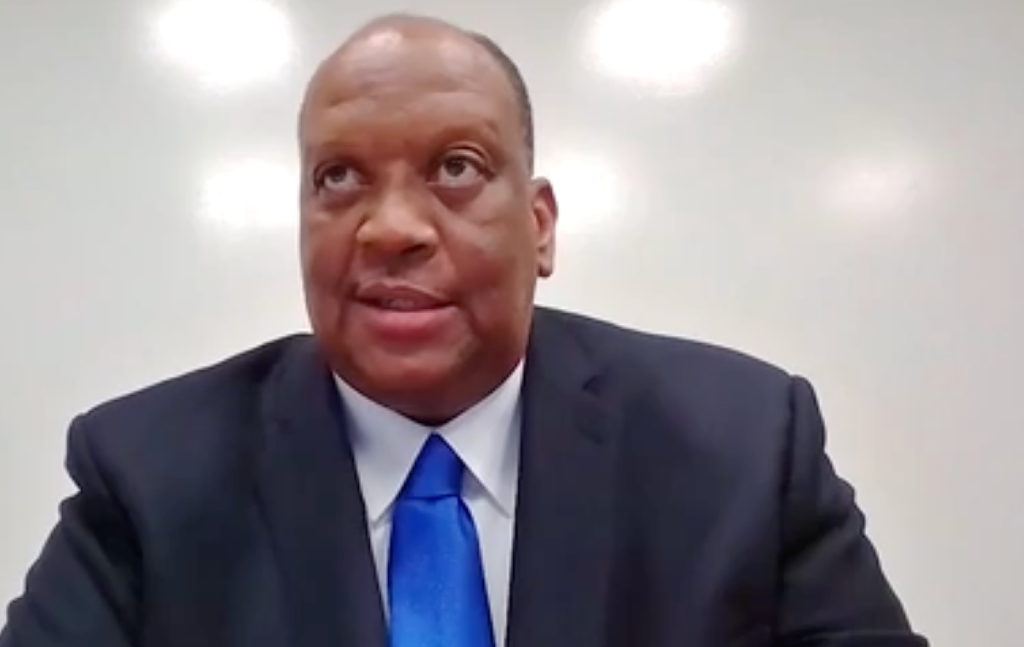State Broadband Officials Offer Opinions on BEAD
Officials from Michigan, Wyoming, and Washington, D.C., offered opinions.
Ari Bertenthal

WASHINGTON, Nov. 13, 2024 – A global business management firm gathered broadband officials from three states and Washington, to assess the future of the largest federal broadband funding program – and where they see bumps in the road ahead.
“The timing issue that I see is the actual construction of these projects,” Michigan’s Chief Connectivity Officer Eric Frederick said in an interview with McKinsey and Company. “We have shortened construction seasons—the [Michigan] weather does not help any when it comes to building. [Having only] four years to build all these projects is going to be rough.”
McKinsey and Company, headquartered in New York, N.Y., is a business management consulting company operating in more than 130 cities across 65 countries.
The interviewees stressed that rural conditions and permitting could also pose difficulties for the $42.45 billion Broadband Equity, Access and Deployment program.
Wyoming Business Council’s former broadband manager Elaina Zempel noted that Wyoming has only six people per square mile and several counties where the majority of all land is publicly owned.
In addition to the speed bumps that could hamper the BEAD program, officials had a lot to say about the future of the program and how it could benefit residents and businesses.
“We're going to make sure that folks can benefit not just from the social media aspect of connectivity but also from economic empowerment. Their lives and livelihoods are going to improve because of broadband,” District of Columbia State Broadband and Digital Equity Office Administrator Kevin Hughes said.
Hughes’ view was echoed by Wyoming Business Council COO Amy Grenfell, who noted that strong cooperation with the National Telecommunications and Information Administration in the Commerce Department is essential throughout the BEAD program process in order to ensure that broadband is reaching all state residents.









Member discussion